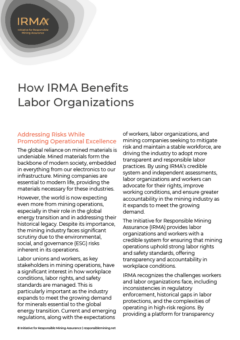CMOC commits TFM complex to IRMA audit
The Initiative for Responsible Mining Assurance (IRMA) is pleased to announce that the CMOC Group has committed its Tenke Fengurume Mining (TFM) complex to third-party independent assessment against the IRMA Standard for Responsible Mining. TFM extracts copper and cobalt in the Democratic Republic of Congo.
ERM CVS, an IRMA-approved independent audit firm, will be carrying out the assessment, which includes a desk review (stage 1) followed by an onsite audit (stage 2). After the ERM CVS draft audit report is reviewed by IRMA and CMOC, the company may release the report or has the option to take up to twelve months to implement corrective actions and be re-assessed before a final report is published and a Performance Level assigned.
Stakeholder Engagement in the Assessment
Interested stakeholders and members of the public can sign up to receive updates about the TFM assessment (e.g., the timing of the stage 2 onsite visit, link to public summary of audit results). The Mines Under Assessment page of IRMA’s website will also provide up-to-date information on all assessments.
Members of the community, public officials, representatives of the workforce, or other organizations are invited to submit comments regarding how the mine site is managing their impacts to the environment including air, water, waste, greenhouse gases, and ecosystems; how the mine supports their workforce; and how the mine interacts with the surrounding community, and how it impacts the community, positively or negatively.
Interested parties may contact the independent audit firm, ERM CVS, to share comments or to ask to be interviewed as part of the audit process. The audit firm can be reached by email at:
ERM Certification and Verification Services Limited
Exchequer Court, 33 St Mary Axe, London, EC3A 8AA
Amanda Russell, Email: post@ermcvs.com
Please share this announcement, and feel free to contact ERM CVS directly to provide names and contact information for other TFM stakeholders who may be interested in knowing about and participating in the mine site assessment process.
For more information
- For information on the IRMA mine site assessment process and timeline.
- For information about the Tenke Fengurume Mining (TFM) audit, visit IRMA’s TFM assessment status page.
- If you would like more information on how the audit of the TFM complex is conducted against the IRMA standard — contact IRMA’s Director of Assurance: Michelle Smith, audits (at) responsiblemining.net.

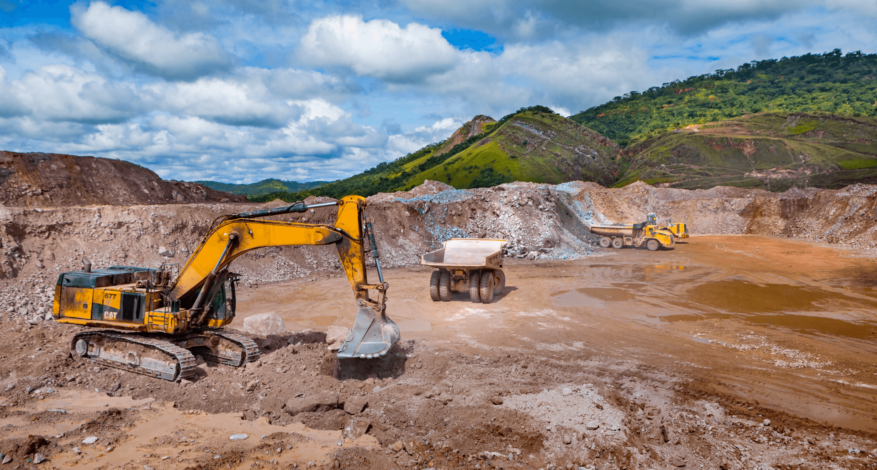
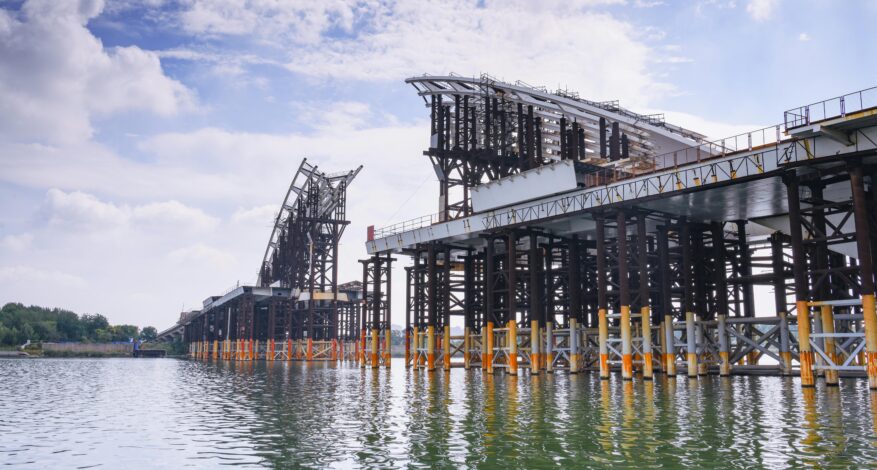
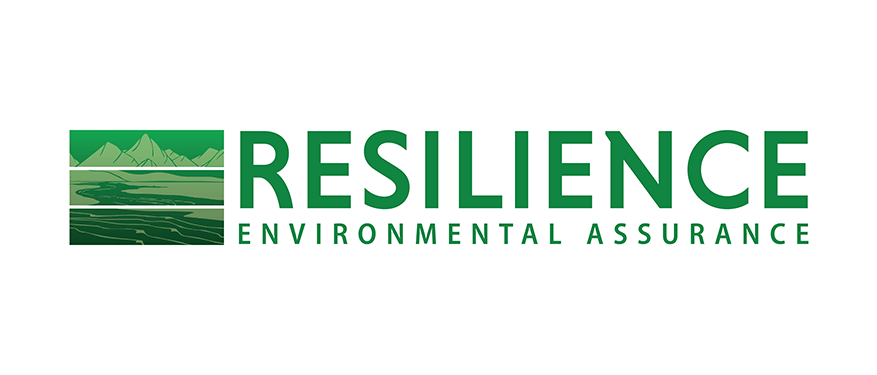
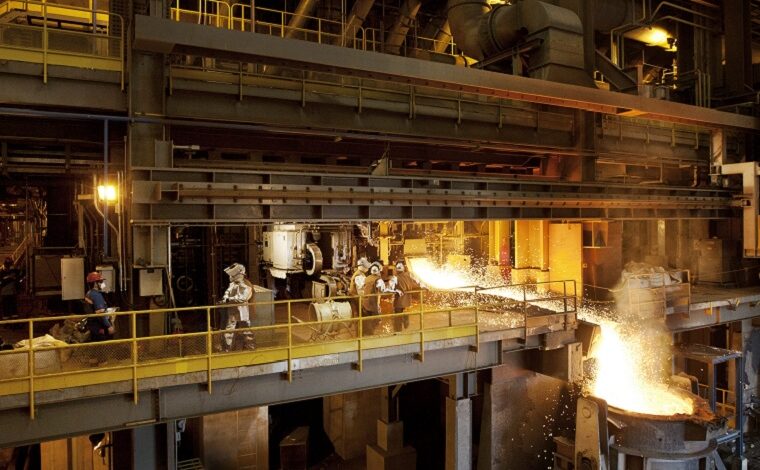
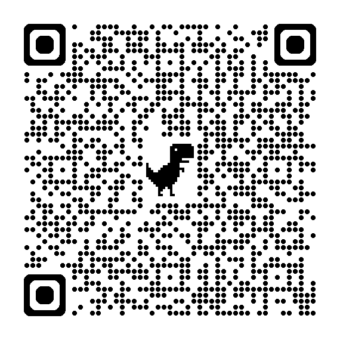
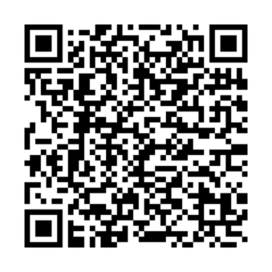
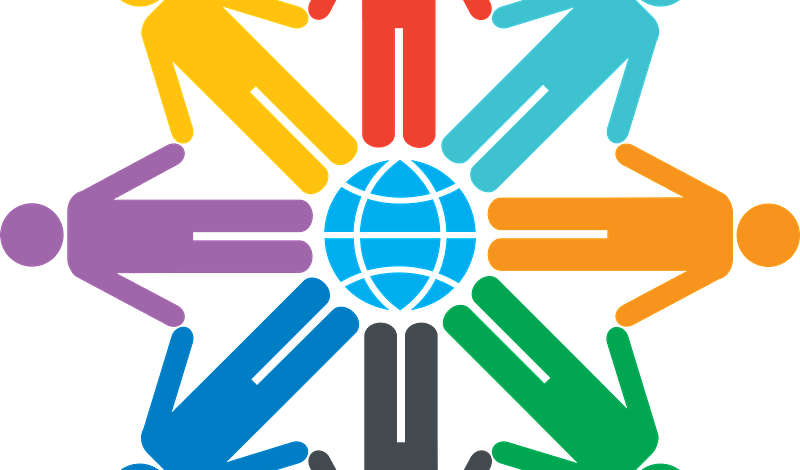
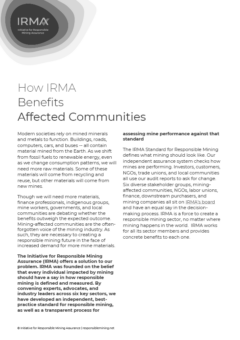
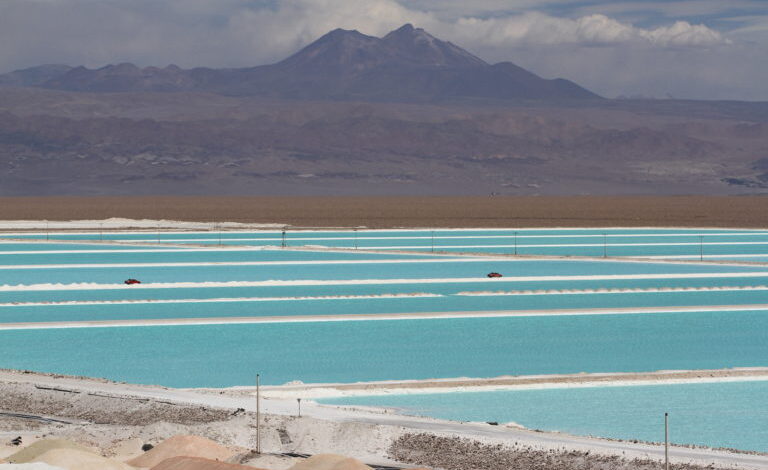
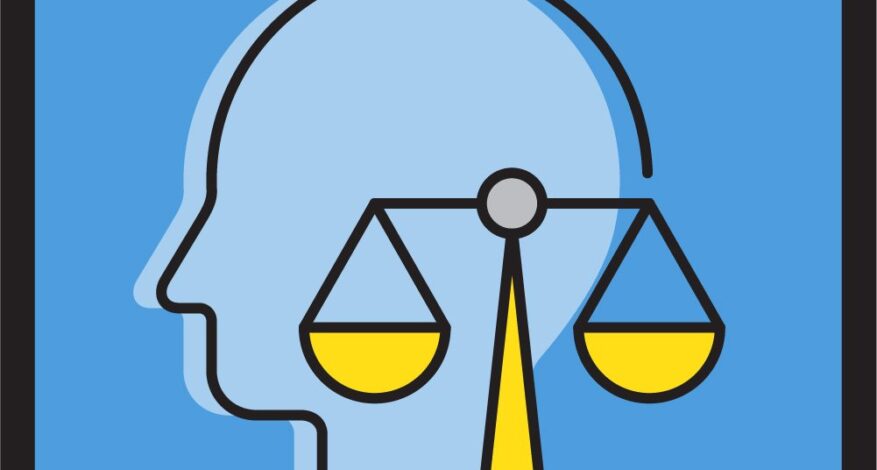
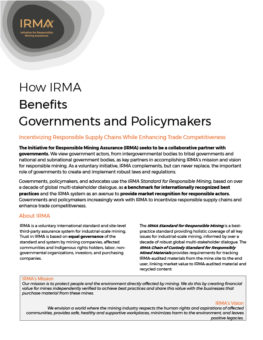
![Black, Chinese & White Laborers in S. African Gold Mine [c1890-1923] Frank & Frances Carpenter. Credit: ralphrepo/CCA 2.0 generic license](https://responsiblemining.net/wp-content/uploads/2025/04/4079402424_e3ca692faf_o-877x470.jpg)
